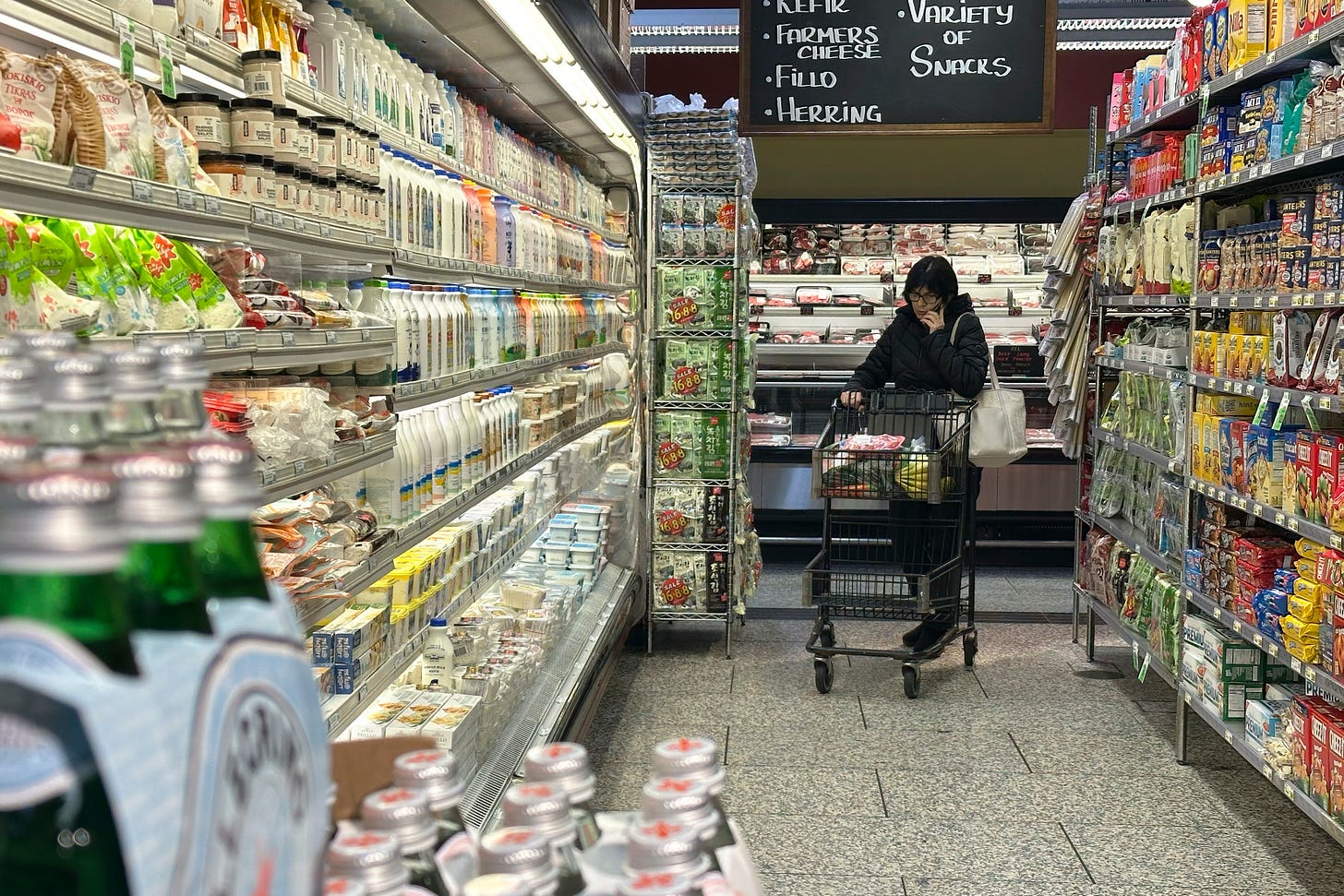UFCW backs bill to prohibit AI price gouging

The largest private sector union in the U.S., the United Food and Commercial Workers Union, has endorsed legislation to prevent grocery stores from utilizing technology that critics say will be used to price gouge consumers.
The Stop AI Price Gouging and Wage Fixing Act seeks to prohibit companies from using surveillance data to raise prices or lower wages. The bill was recently introduced by U.S. Reps. Greg Casar (D-Texas) and Rashida Tlaib (D-Mich).
“Grocery stores like Kroger are replacing price stickers with electronic labeling, leading to concerns about surge pricing. Electronic shelf labels allow stores to change prices in seconds,” Tlaib said in an article in the Detroit Metro-Times.
Tlaib voiced concern over companies’ use of individualized consumer profiles, electronic shelf labels and cameras with facial recognition technology, which can allow them to “charge different people different prices for the same item” in what she described as “surveillance pricing.”
“Imagine if your grocery store charged you a higher price for an item because it used an algorithm based on your personal data and determined that you were willing to pay more than the next person,” Tlaib said. “It might sound unbelievable, but it’s a serious threat. For instance, Target charged consumers using its app higher prices when they entered the store or even just the parking lot, on the assumption that the consumer was already committed to the purchase and less likely to go elsewhere.”
Tlaib said the bill directs the Federal Trade Commission to enforce a ban on price gouging and prohibits the “personalized price gouging” by grocery stores enabled by surveillance pricing.
The bill has been endorsed by the UFCW, which represents 1.2 million North American workers in meatpacking, food processing, grocery, retail, and other industries.
“With the cost of living continuing to rise, the last thing families need is price gouging at the supermarket,” said Milton Jones, the international president of the UFCW, in a statement. “Technologies like electronic shelf tags threaten to usher in a new era where the price of an item you pick up from the shelf can change within the amount of time it takes to walk to the register.”
“Even more concerning, customers could be charged different prices based on personal data like income, race, gender, and more,” Jones said. “‘Surveillance pricing’ is deeply unfair, potentially discriminatory, and must be banned.”
In its endorsement of the bill, the UFCW noted that grocery prices have increased more than 28% since 2020, and more than 47 million Americans are living in food-insecure households, including more than 7 million children. Meanwhile, the retail company Kroger expanded its use of electronic shelf labels to 500 units by 2023, and Walmart has plans to use 2,300 electronic labels within its stores by 2026.
In her article, Tlaib said the bill was introduced in order “to end this madness” and to ensure “that corporate greed is not an obstacle to families accessing the food they need.”
“Congress must prioritize the needs of working families over enriching billionaires and fueling corporate greed. We must put people over profits,” Tlaib said.

